Understanding the New Diabetes Criteria: What You Need to Know
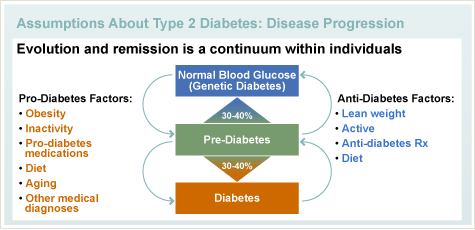
Overview of Diabetes
diabetes criteria is a chronic condition that affects millions of individuals worldwide, disrupting the body’s ability to manage sugar levels effectively. An estimated 422 million people were diagnosed with diabetes as of 2014, and this number continues to rise. There are primarily two forms: Type 1, where the body doesn’t produce insulin, and Type 2, which is often linked to lifestyle choices and genetics.
Criteria for diabetes
You will receive a diabetes diagnosis if you fulfill any of the following conditions:
1- You are exhibiting signs of diabetes, and your blood sugar level is 11.1 mmol/L or higher.
2- Symptoms consist of heightened thirst, more frequent urination, and unaccounted-for weight loss.
3- A random blood sugar (plasma glucose) test can be conducted at any time, regardless of when you last had a meal.
4- Your fasting blood sugar level is 7.0 mmol/L or higher.
5- A fasting blood sugar test measures plasma glucose after you’ve refrained from eating or drinking anything except water for 8 hours.
6- Your result from the 2-hour oral glucose tolerance test is 11.1 mmol/L or higher.
7- An oral glucose tolerance test (OGTT) is commonly performed to screen for gestational diabetes.
8- Your hemoglobin A1c level is 6.5% or above.
The hemoglobin A1c test is considered most accurate for adults, although some specialists suggest utilizing alternative tests for diagnosing diabetes in children. Additionally, this test may not be suitable for everyone, as various factors can influence the lifespan of red blood cells. These factors include being in the second or third trimester of pregnancy, recent blood loss or transfusions, sickle cell disease, hemodialysis, or the use of erythropoietin (ESA) medications.
Two examinations are conducted to verify the diagnosis of diabetes.
Criteria for prediabetes
You might be diagnosed with prediabetes if your blood sugar levels are higher than normal but not elevated enough to be classified as diabetes. You have prediabetes if you satisfy one of the following conditions: footnote1
1- Your fasting blood sugar test results range from 6.1 mmol/L to 6.9 mmol/L.
2- Your OGTT result falls within the range of 7.8 mmol/L to 11.0 mmol/L, measured two hours after you began the test.
3- Your hemoglobin A1c level falls between 6.0% and 6.4%.
Inquire with your doctor about the frequency of testing you require.
Other possible tests
Identifying the specific type of diabetes you have can be challenging. If needed, your doctor might conduct a C-peptide test or check for autoantibodies to determine whether you have type 1 diabetes or a gradually progressing version known as latent autoimmune diabetes in adults (LADA).
Additionally, certain uncommon forms of diabetes can result from genetic issues, which may require genetic testing for a proper diagnosis, such as maturity-onset diabetes of the young (MODY). There are several types of MODY, each associated with a different affected gene.
Significance of New Diabetes Criteria
With the increasing prevalence of diabetes, new diagnostic criteria have emerged to enhance early detection and treatment. These updated guidelines aim to address the nuances in individual health profiles. Why are these changes important?
- They can lead to earlier intervention.
- They reduce complications associated with delayed diagnoses.
- They promote tailored treatment options specific to each patient’s needs.
Understanding these new criteria is crucial for improving patient outcomes and ensuring effective diabetes management.
Read also: Optimizing Your A1C Levels: Strategies for Success
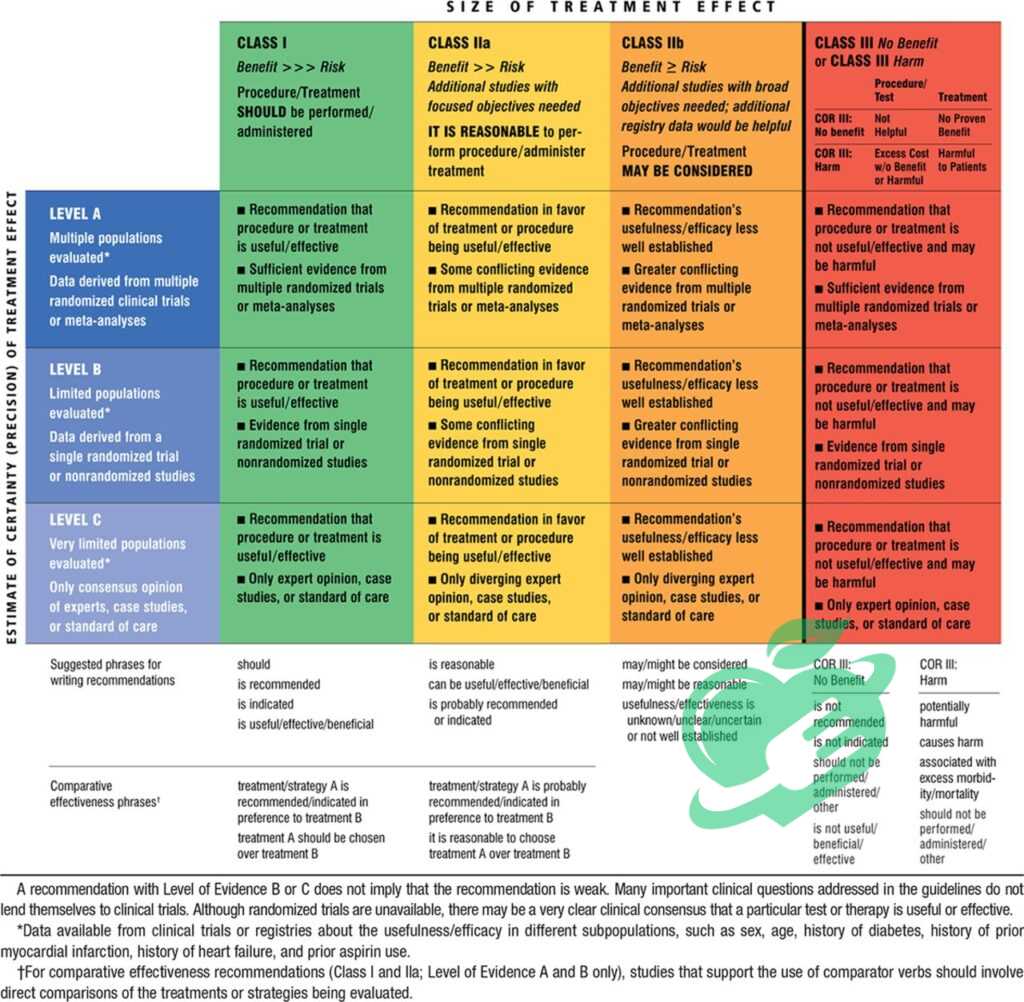
Definition and changes in diabetes criteria
The new diabetes criteria redefine how healthcare professionals diagnose the condition, reflecting ongoing research and understanding of diabetes. Previously, diagnosis primarily relied on blood glucose testing; however, the latest guidelines incorporate additional metrics, such as glycated hemoglobin (A1C) values, to provide a more comprehensive view of an individual’s glucose management. Key changes include:
- A1C Threshold: Diagnosis now considers an A1C level of 6.5% or higher.
- Fasting Plasma Glucose: A change with the threshold set at 126 mg/dL or higher.
These changes aim to capture a broader range of diabetes cases, including those who may have previously gone undiagnosed.
Implications of Diagnostic Criteria for Diabetes
Adopting these new criteria has significant implications for diagnosis. Patients who may have been overlooked might now receive timely intervention, reducing long-term complications. Consider this situation: A patient who frequently visits the doctor for fatigue and weight issues now might be diagnosed earlier with the updated criteria, paving the way for lifestyle adjustments and monitoring before serious health issues arise.
Read also: Empowering Your Health Journey with an Endocrinologist’s Care
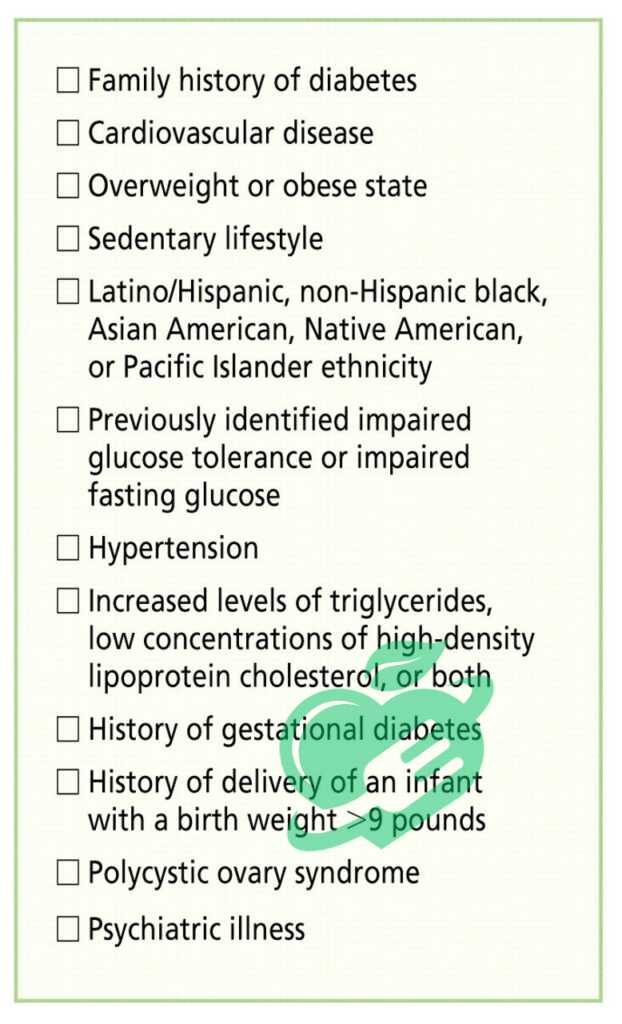
Common Risk Factors for Diabetes
Identifying the risk factors for diabetes is crucial in preventing its onset. Certain lifestyle choices and genetic predispositions can significantly increase one’s chance of developing the condition. Common risk factors include:
- Obesity: Excess body weight, particularly around the abdomen, can lead to insulin resistance.
- Family History: A higher risk exists if a parent or sibling has diabetes.
- Sedentary Lifestyle: Regular physical activity is vital; inactivity can contribute to weight gain and increasing risk.
- Age: Individuals over 45 are at greater risk, especially if other factors are present.
Understanding these factors can empower individuals to pursue healthier lifestyles.
Importance of Regular Screening-diabetes criteria
Regular screening is essential for catching diabetes early, especially for those with risk factors. Screening can prevent complications and allow for proactive management. For example, a middle-aged woman with a family history of diabetes might not exhibit symptoms initially. However, regular blood tests can detect changing glucose levels, leading to timely lifestyle adjustments. Here’s a handy guideline for screening frequency based on risk:
- higher-weight person adults with additional risk factors: Annually
- Adults 45 and older: Every 3 years, or as recommended by a healthcare provider.
Taking charge of one’s health through regular screening is a vital step toward diabetes prevention.
Read also: Find Hope at a Leading Mental Health Hospital
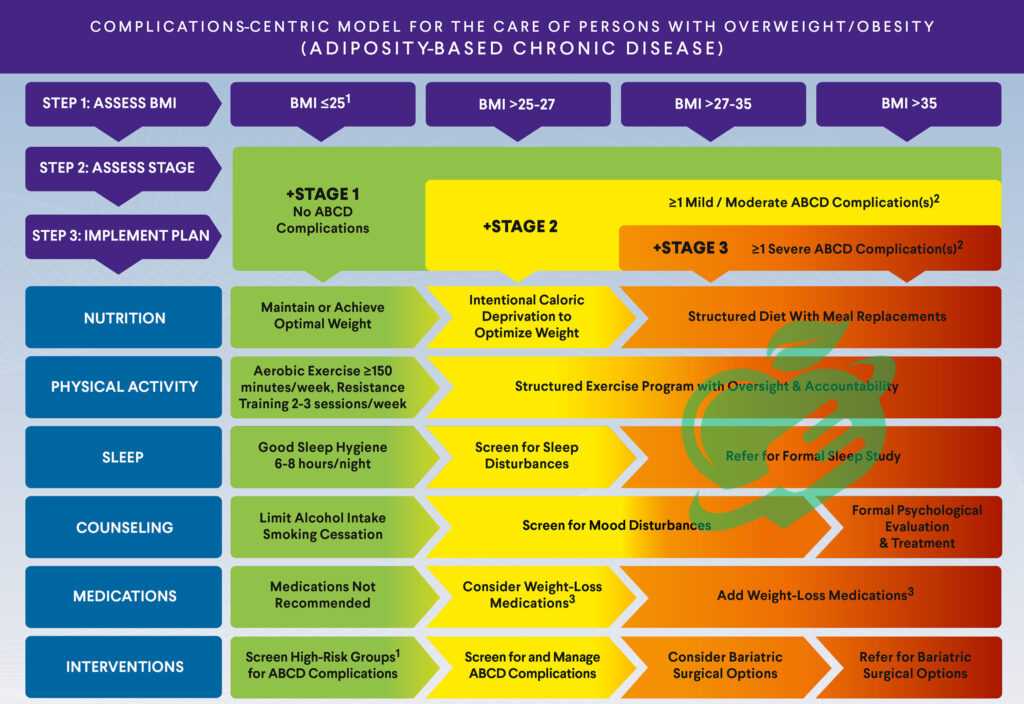
Treatment Options Based on Criteria
Once diagnosed with diabetes, understanding treatment options based on new criteria becomes essential for effective management. Treatments vary depending on the type and severity of diabetes. Options include:
- Medications: For Type 2 diabetes, drugs like Metformin help control blood sugar levels.
- Insulin Therapy: Essential for individuals with Type 1 diabetes or those with advanced Type 2.
- Continuous Glucose Monitoring (CGM): This technology helps keep track of glucose levels in real time, enabling prompt adjustments.
For instance, a friend of mine with Type 2 diabetes switched to insulin therapy after struggling with oral medications, quickly noting an improvement in her overall health.
Lifestyle changes and monitoring of diabetes parameters
Beyond medication, lifestyle changes play a pivotal role in diabetes management. Simple adjustments can profoundly impact overall health, such as:
- Balanced Diet: Emphasizing whole foods, and reducing sugar and refined carbs.
- Regular Exercise: Aim for at least 150 minutes of moderate activity weekly, like brisk walking.
- Weight Management: Maintaining a healthy weight can enhance insulin sensitivity.
Monitoring is also crucial. Keeping a daily log of blood sugar readings helps individuals identify patterns and stay within target ranges. Engaging in support groups can provide motivation and accountability, creating an encouraging environment for making these necessary changes.
Read also: Optimizing Your A1C Levels: Strategies for Success
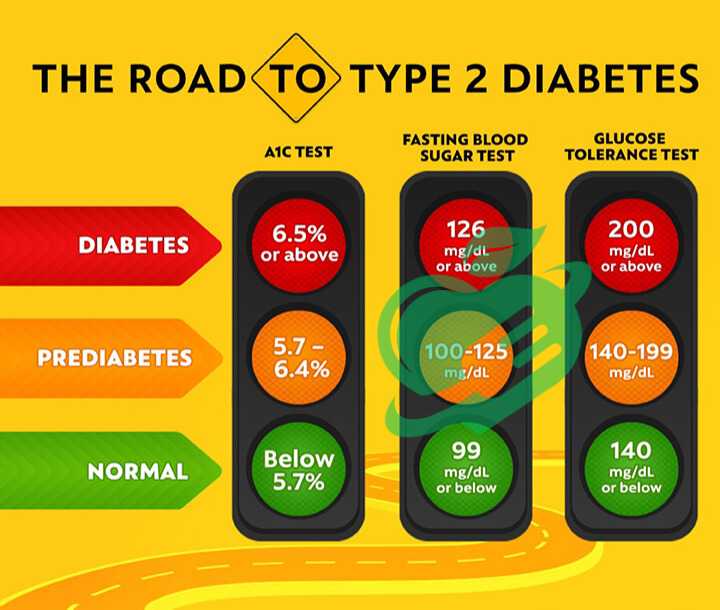
Disease Prevention Strategies
Preventing diabetes is entirely possible with proactive strategies. Many individuals can reduce their risk significantly through lifestyle modifications. Key prevention strategies include:
- Maintaining a Healthy Weight: Even modest weight loss can lower diabetes risk.
- Balanced Nutrition: Prioritize whole grains, fruits, vegetables, and lean proteins, while minimizing processed foods.
- Regular Physical Activity: Aim for at least 150 minutes of exercise each week, which could be split into manageable sessions.
- Avoiding Tobacco Use: Smoking increases the risk of diabetes and its complications.
A relative of mine started walking daily and swapping sugary snacks for fruits, resulting in successful weight management and improved health markers.
The importance of educating patients about diabetes criteria
Educating patients on diabetes is pivotal for successful management and prevention. Empowered individuals are more likely to make informed health decisions. Effective education should cover:
- Understanding the Disease: Providing knowledge about diabetes, its risks, and management strategies.
- Self-Monitoring Skills: Training on how to monitor blood sugar and recognize the signs of high or low glucose levels.
- Support Resources: Connecting patients with community programs and support groups fosters motivation.
By prioritizing education, patients can cultivate a better understanding of their health, enabling them to take proactive steps toward a diabetes-free life.
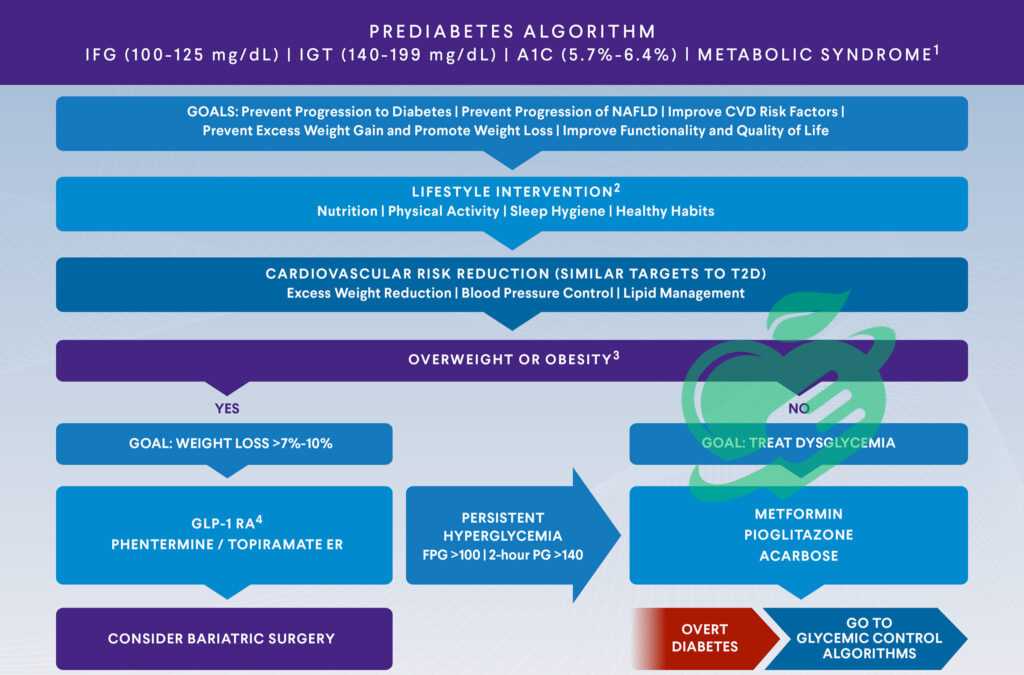
Impact on Healthcare System
Health Policy Implications
The rising incidence of diabetes significantly influences health policies worldwide. Policymakers must adapt to the increasing demand for comprehensive diabetes care, incorporating preventive measures into public health strategies. Key implications include:
- Increased Funding for Research: Allocating resources toward diabetes research can lead to innovative treatments and preventive measures.
- Access to Care: Ensuring equitable access to screening and treatment for all populations, especially high-risk groups, is crucial.
- Public Health Campaigns: Initiatives that promote awareness about diabetes risk factors and prevention can foster healthier communities.
For example, a local health department launched a campaign that provided free screening and nutrition workshops, resulting in increased awareness and early detection in the community.
Challenges and Opportunities Diabetes Criteria
While the impact of diabetes on the healthcare system poses challenges, it also opens doors for new solutions. Some challenges include:
- Rising Costs of Care: Managing diabetes often requires long-term treatment, straining healthcare budgets.
- Healthcare Disparities: Certain populations face greater barriers in accessing care and education resources.
However, these challenges present opportunities for innovation, such as developing digital health solutions and telemedicine services. For instance, a friend used a telehealth service for her diabetes consultations, enhancing her ability to manage her condition without the burden of travel. Ultimately, tackling these challenges can lead to improved outcomes for patients and the healthcare system as a whole.
Read also: How does diabetes affect your mood?
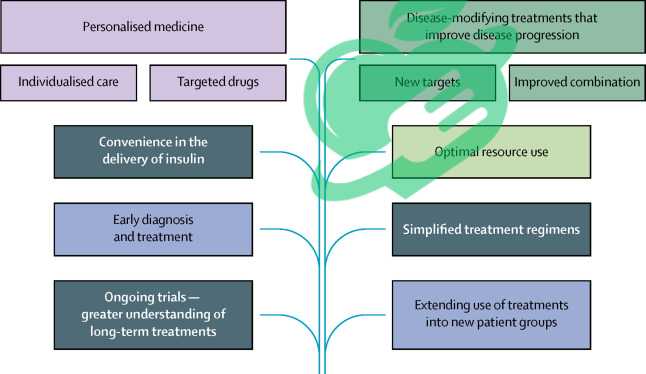
Innovations in Diabetes Care
As we look toward the future, innovative technologies and treatments are set to revolutionize diabetes care. The integration of digital health solutions is creating new avenues for patient engagement and management. Some exciting developments include:
- Continuous Glucose Monitors (CGMs): These devices provide real-time data, allowing users to track their glucose levels with greater accuracy.
- Smart Insulin Pens: These devices help calculate dosages and record insulin usage, enhancing adherence to treatment plans.
- Artificial Intelligence: AI-driven applications can predict blood sugar fluctuations and suggest dietary adjustments.
A colleague of mine adopted a CGM, dramatically improving her ability to adjust insulin before meals, ultimately leading to better control of her diabetes.
Promising Research Areas Diabetes Criteria
Research continues to uncover potential breakthroughs in diabetes management. Some promising areas include:
- Gene Therapy: Exploring genetic modifications could develop new treatment avenues, potentially reversing Type 1 diabetes.
- Gut Microbiome Studies: Understanding the connection between gut health and diabetes may lead to innovative dietary recommendations.
- Vaccine Development: Researchers are investigating vaccines aimed at preventing Type 1 diabetes, which could change the landscape of this autoimmune condition.
With ongoing funding and research efforts, the future holds tremendous potential for enhancing the quality of life for those living with diabetes.
Read also: What leads to Type 2 Diabetes?
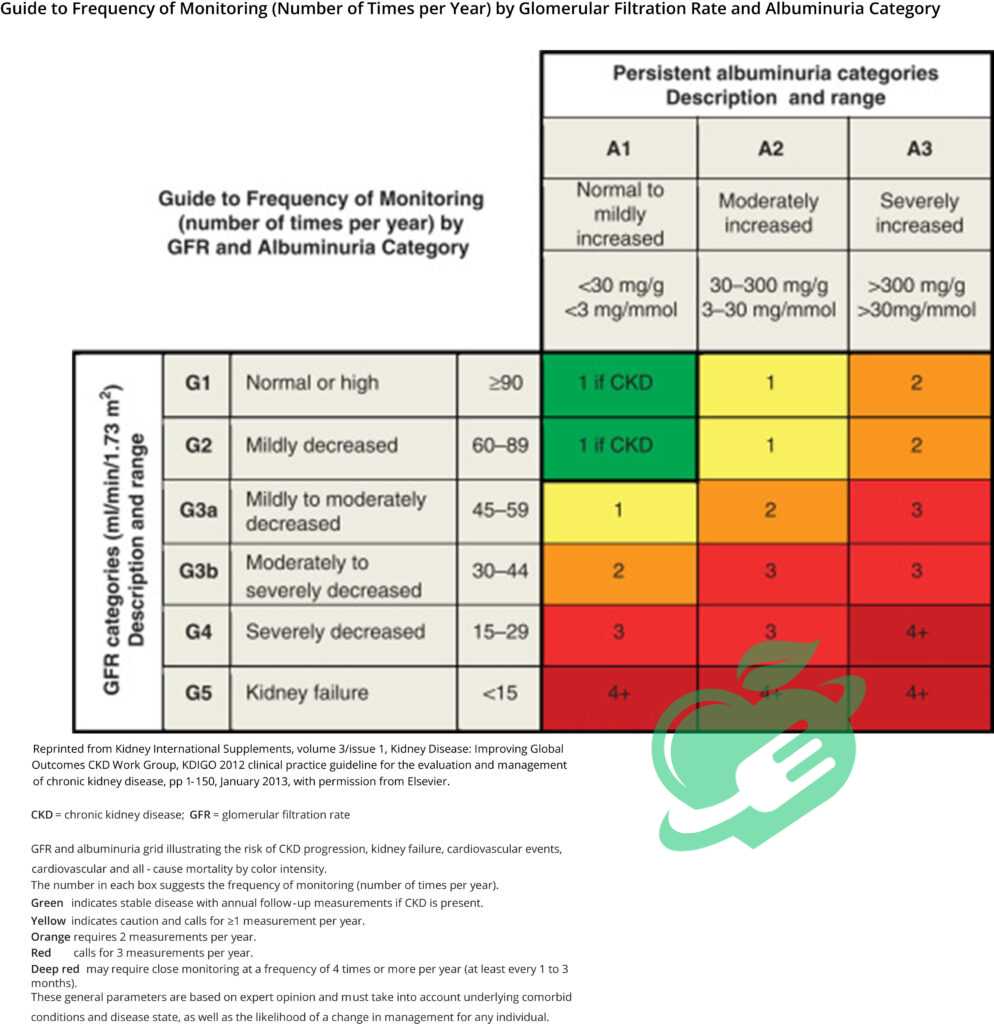
Summary of the most important points to consider when suffering from diabetes
In summary, the fight against diabetes requires a multifaceted approach that encompasses understanding new diagnostic criteria, recognizing risk factors, and implementing effective management strategies. Key takeaways include:
- Importance of Early Diagnosis: New criteria help catch diabetes sooner, enabling timely intervention.
- Lifestyle Changes Are Essential: A balanced diet and regular exercise are fundamental in managing and preventing diabetes.
- Innovative Solutions and Research: Exciting advancements in technology and research are paving the way for improved care and outcomes.
A friend recently shared how adopting these principles led to better health markers, reinforcing the effectiveness of this holistic approach.
Call to Action for Better Diabetes Management
It’s crucial for everyone—patients, healthcare providers, and policymakers—to play their part in this ongoing battle against diabetes.
- Educate Yourself: Stay informed about risk factors and management strategies.
- Advocate for Resources: Support initiatives that promote diabetes awareness and research.
- Commit to Regular Health Check-ups: Encourage regular screenings, especially for those at risk.
By working together, we can foster a healthier future, reducing the prevalence of diabetes and improving the lives of those affected. Let’s take proactive steps today!
Because your health is the most valuable thing you have and the most precious thing we care about, we always recommend that you consult your specialist doctor in everything related to your health and daily life. Everything we provide here is for awareness purposes only and does not replace consulting a doctor. Every person has a unique condition that deserves special care, and we are here by your side, working passionately to provide the information you need. Always follow us, because we write for you with love and sincerity to remain a source that inspires you with hope and supports you on your journey towards a better life.
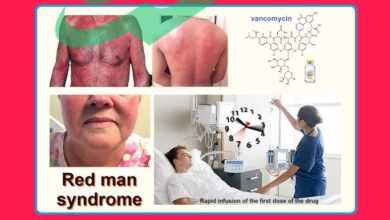



2 Comments